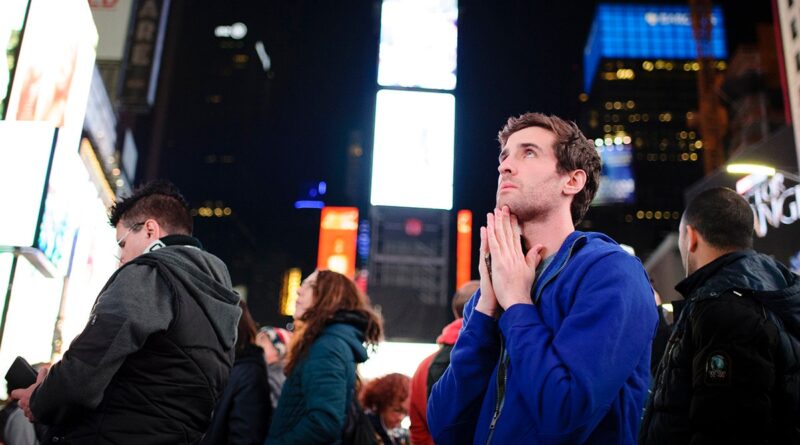Presidential Election Makes Americans Worry, Survey Says: Here Are 6 Tips to Calm Your Feelings
The upcoming presidential election has an impact on the mental health of Americans.
A recent national survey conducted by AMFM, a mental health residential system in California, examined the anxiety levels of 2,000 Americans during the election.
About 22% of respondents reported that election security had a negative impact on their mental health.
CHOICE ANXIETY LEADS TO A GREAT PREVENTION OF MARRIAGE
Negative news (57%) and “doom and gloom” messages (56%) were identified as stressors, as well as worrying about the election results (54%) and worrying about their candidate he will not win (42%).
Overall, 30% of respondents reported increased anxiety related to the election, 22% said they felt overwhelmed and 18% became angry.
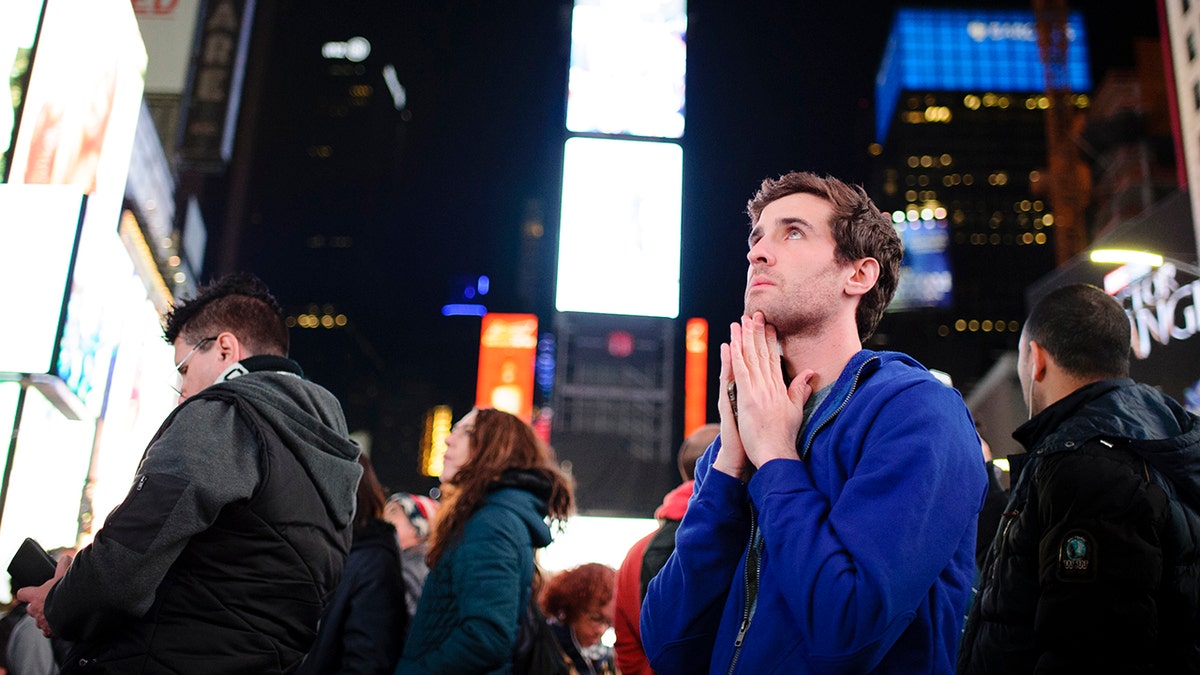
A young man watches the results of the upcoming elections on a big screen in Times Square in November 2016. (David Cliff/SOPA Images/LightRocket via Getty Images)
About 53% said they avoid election-related discussions to prevent anxiety.
More than 73% of respondents have not yet sought support for election-related concerns – and do not plan to, they said.
WHEN THE CHOICES ARE WONDERFUL, STRESS EATING NEEDS A CLOSER EYE: ‘IT’S A WORKABLE BEHAVIOR’
The AMFM concluded that it is important for people to “seek balance, reduce their exposure to stressors, and consider seeking support when needed.”
Another study by LifeStance Health – a mental health care network headquartered in Scottsdale, Arizona – found that the presidential election is “a major source of stress and anxiety” for Americans.
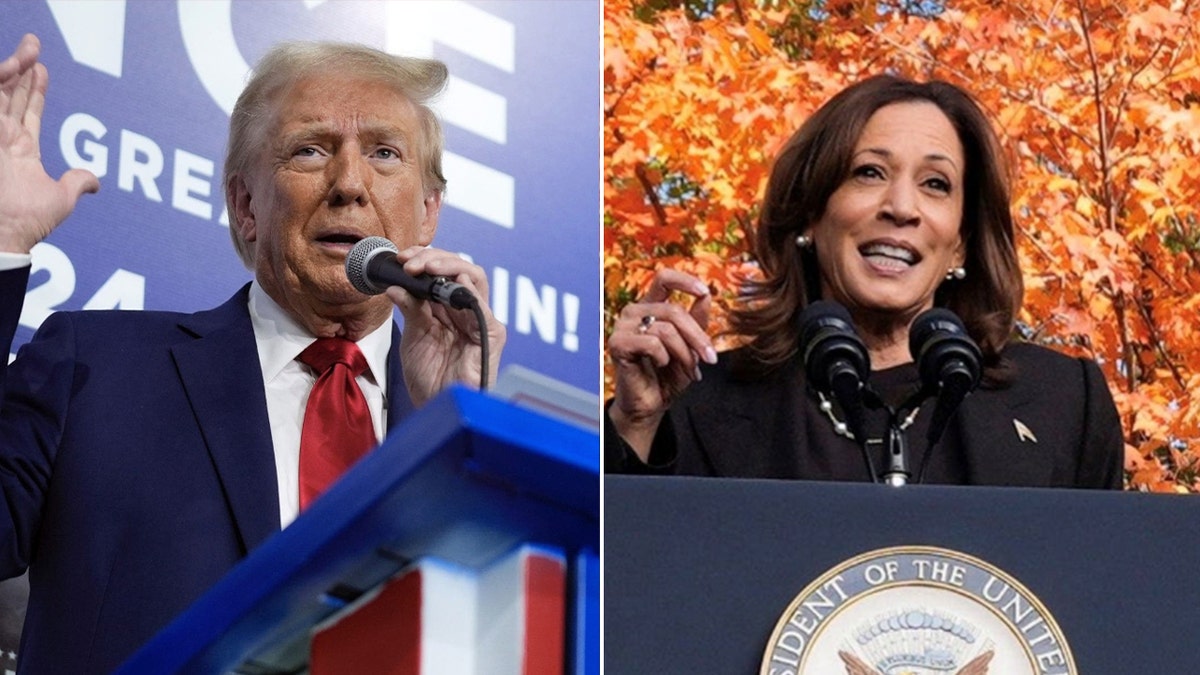
In another survey, respondents indicated that misinformation (57%) and messages of “doom and gloom” (56%) were stressful, as well as anxiety about the results of the election (54%) and worry that the candidate will not win. 42%). (AP Photos)
The survey, which surveyed more than 1,000 Americans online in August 2024, found that 79% of people have election anxiety.
Younger Americans are more likely to be affected, the results showed, including 64% of Gen Z and 54% of millennials.
HEART BREAKS HIGHER DURING PRESIDENTIAL ELECTIONS AND OTHER TIMES OF EXCESS, EDUCATION.
More than half (57%) of respondents said they think about the election every day, with 31% saying they think about it several times a day.
Meanwhile, 44% of Gen Zers have delayed major life events such as moving, going to college, getting married or having children because of concerns about the political climate.
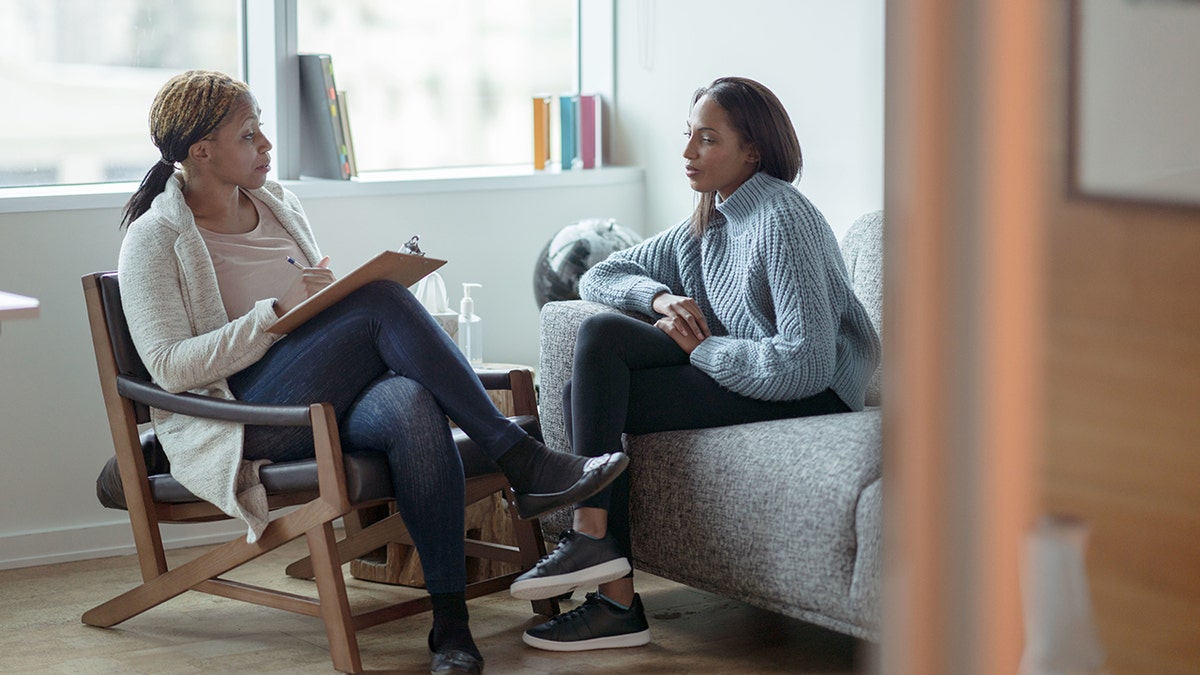
About two-thirds of respondents talk to doctors about politics and the election, a LifeStance survey found. (iStock)
These concerns are also driven by friends and family, as 44% of respondents said discussions related to politics or elections have led to conflict.
More than two-thirds (72%) of respondents said social media and other content contributed to their election anxiety, while 34% admitted to unfollowing or blocking a friend or member of family on social media for their political views.
To reduce election anxiety
Some mental health professionals refer to political anxiety as “election stress disorder,” according to MK Clarkin, a licensed clinical social worker and chief medical officer. LifeStance Health St. Louis, Missouri.
“People often report increased anxiety, depression, focus on problems and more,” he told Fox News Digital. “Feeling a deep sense of loss of control over one’s life logically creates a sense of despair in many people.”
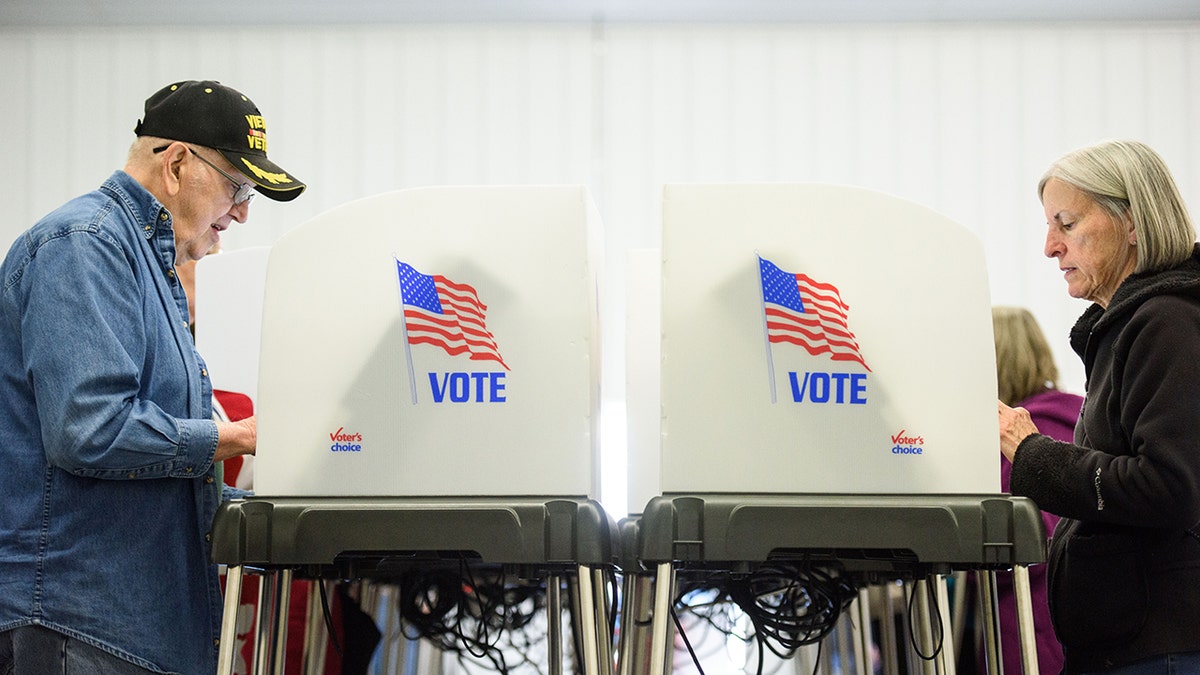
Voters make their choice at the polls on Oct. 17, 2024, Hendersonville, North Carolina. (Melissa Sue Gerrits/Getty Images)
Experts shared a few coping strategies to help maintain your mental health during the election.
6 tips to calm down
1. Practice the basics
Christina Kayanan, a licensed physician in California and executive director of AMFM, recommends practicing basic techniques, such as the 5-4-3-2-1 method, to help shift your focus from worrying about the future and going back to the present.
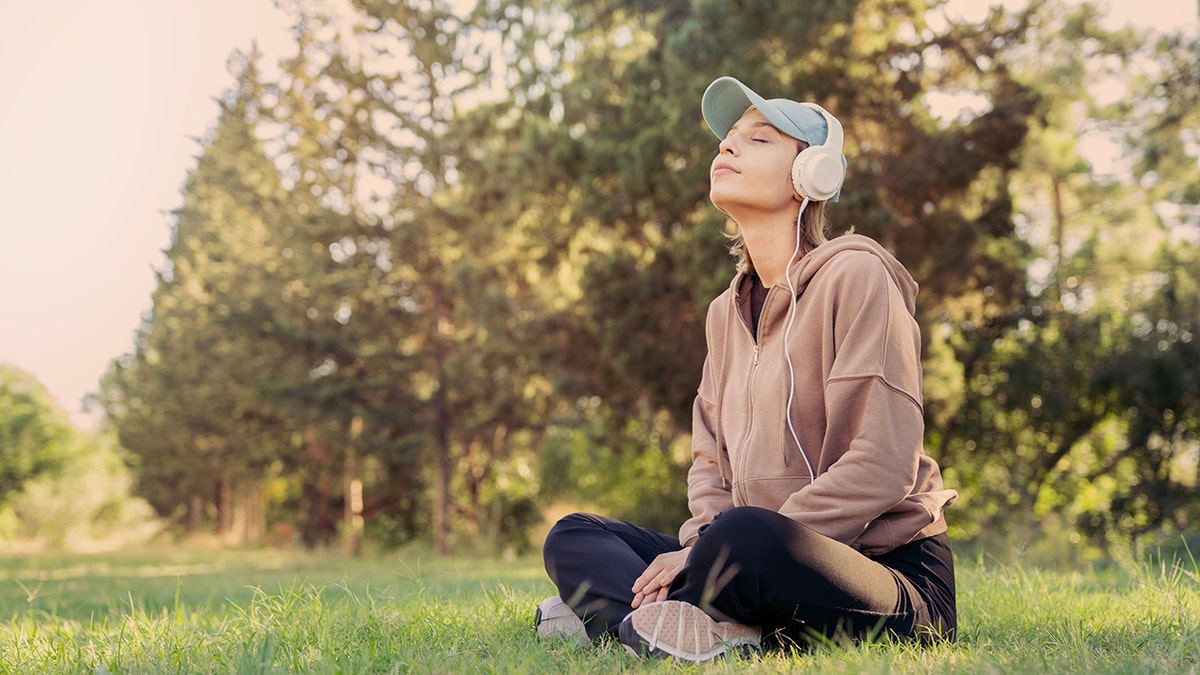
The expert recommended building a self-care system and practicing basic techniques to reduce anxiety. (iStock)
“In this training, you accept five things you can see, four things you can touch, three things you can hear, two things you can smell and one thing you I can taste it,” he shared with Fox News Digital. “Putting down can break anxious thinking patterns and restore a sense of control.”
2. Create a self-care routine
Building a mindfulness practice, including mindfulness, meditation, exercise and deep breathing, can help calm the nervous system, according to Kayanan.
“A schedule helps organize your day, it gives you something to lean on,” she said. “Even small, consistent practices, like journaling or taking a short walk, can make a big difference.” great for managing anxiety.”
3. Challenge unhelpful thoughts
Unhelpful thoughts can include “all or nothing” thinking and catastrophizing, which Kayanan noted can increase anxiety.
People need to identify these ways of thinking and challenge them with “evidence-based thinking,” the expert suggested.
For more articles, visit www.foxnews.com/health
“Ask yourself, ‘What evidence do I have for this assumption? Is there another way of looking at this situation?'” he advised.
“By reframing anxious thoughts, you can reduce their emotional impact and regain balance.”
4. Cut back on caffeine and alcohol
Both of these things can worsen anxiety symptoms by overstimulating the nervous system and disrupting our “natural ability” to manage stress, according to Kayanan.

Alcohol and caffeine can make anxiety symptoms worse by stimulating the nervous system, experts warn. (iStock)
Limiting these things can help reduce physical symptoms of anxiety and help maintain a “balanced emotional state,” the expert said.
5. Set appropriate boundaries
Kayanan suggested setting clear boundaries in relationships, at work or in social situations to reduce anxiety.
This can include saying no to certain situations, delegating tasks to others and setting limits on social media to prevent frustration and burnout.
CLICK HERE TO REGISTER FOR OUR LIFESTYLE
These limits could also apply to issues related to elections, which Clarkin advised people to “choose”.
“Don’t be afraid to set limits on your digital use – set a ‘screen time’ limit, mute or unfollow accounts that share harmful content, and vet sources,” he advised.
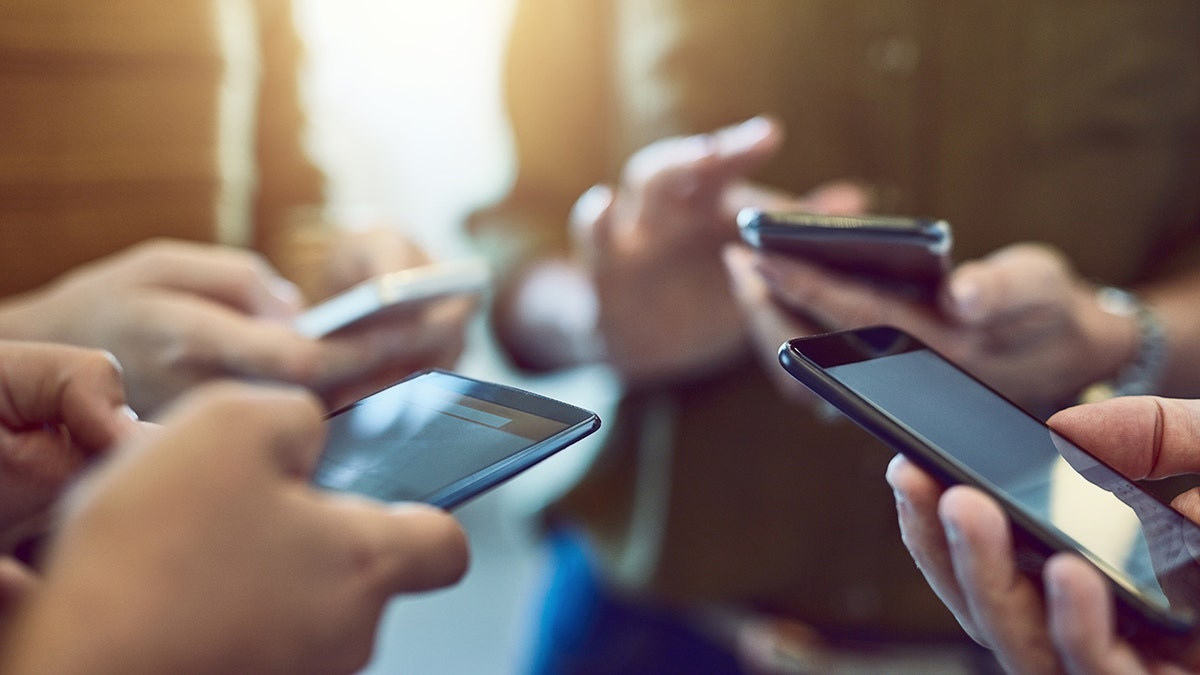
“Most people don’t post political content with the goal of changing their minds through discussion,” one expert said about engaging in social media discussions. (iStock)
Clarkin also discouraged engaging in political discussions on social media.
“Most people don’t post political content with the goal of changing their minds through debate,” he said.
“So your energy is better spent on something else.”
6. Try progressive muscle relaxation
Progressive muscle relaxation (PMR) is a technique that involves gradually tensing and relaxing different muscle groups “from your toes to your head,” Kayanan said.
CLICK HERE TO GET THE FOX NEWS APP
This technique can help relieve physical tension associated with anxiety, while increasing awareness of how you may be experiencing stress in your body.
“Practicing PMR can lead to greater relaxation and reduce overall anxiety levels by promoting a connection between the body and mind,” he said.
Those with worsening anxiety or persistent anxiety should contact a medical professional for help.
#Presidential #Election #Americans #Worry #Survey #Tips #Calm #Feelings
